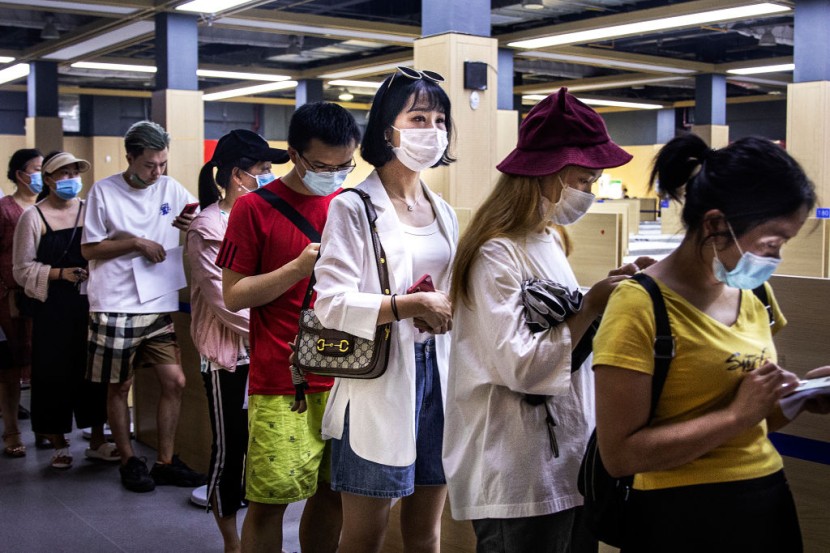
Chinese COVID-19 vaccines are currently being called into question as coronavirus infections surged in countries using them.
In Seychelles, 60% of the population are fully vaccinated against the virus. Many accredited the speedy vaccine rollout to China, who exported Sinopharm shots to the country.
But in mid-May, health officials began to report a sharp rise in COVID-19 cases in the chain of islands off the east coast of Africa. The new seven-day rolling average reached 400 new cases, a stark contrast to the 50 daily cases reported in April, according to BBC.
The Seychelles Health Ministry later revealed that more than a third of the infections occurred in residents who received the Chinese vaccine doses. The case in Seychelles was also seen in other countries, such as Bahrain and Mongolia, , prompting experts to reassess the effectiveness of the shots.
What We Know About the Chinese COVID-19 Vaccines
China's two flagship vaccines, made by Sinovac and Sinopharm, are being distributed across 95 countries. Beijing had previously promised to ship 800 million doses of their shots, with 272 million being delivered as of mid-June.
The Chinese government had secured emergency use authorizations from the Food and Drug Administration around December 2020. However, results from late-stage trials of the shot revealed that they weren't as effective as protections offered by COVID-19 vaccine shots developed by Pfizer/BioNTech and Moderna.
"All patients produced high-titer antibodies, the neutralizing antibody positive conversion rate was 99.52%, and the vaccine's protective efficacy against the disease caused by the new coronavirus infection (Covid-19) was 79.34%," a press release from China read.
A later review conducted by researchers in Hong Kong showed that the Chinese vaccines only had an efficacy rate of 62%. A separate study conducted by Brazil's Butantan Institute found that the Chinese shots were only 51% effective against preventing mild disease, but 100% effective against hospitalizations.
What Other Countries Are Doing To Fight COVID-19
In Seychelles, health officials have introduced a new set of lockdown restrictions in hopes of curbing the spread of the virus.
In Bahrain, where at least 1.6 million people have been vaccinated with Sinopharm, the government is offering shots of the pfizer vaccine to act as a booster.
In Chile, the government imposed another lockdown on Saturday as cases rose despite having vaccinated 60% of the country's adult population. The country's vaccination program rolled out Sinovac shots.
"You really need to use high-efficacy vaccines to get that economic benefit because otherwise they're going to be living with the disease long term," Raina MacIntyre, head of the biosecurity program at the Kirby Institute of the University of New South Wales in Sydney, told The New York Times. "The choice of vaccine matters."
Shao Yiming, a Chinese Center for Disease Control and Prevention expert, previously admitted that their shots were not designed to prevent all infections, but only to offer some resistance against severe illnesses.
However, Beijing has been aggressive with media outlets that questioned the efficacy of the Chinese vaccines, with the foreign ministry claiming that such reports exposed an "unhealthy mind-set" of "denigrating China," according to The Wall Street Journal.
© 2026 HNGN, All rights reserved. Do not reproduce without permission.








